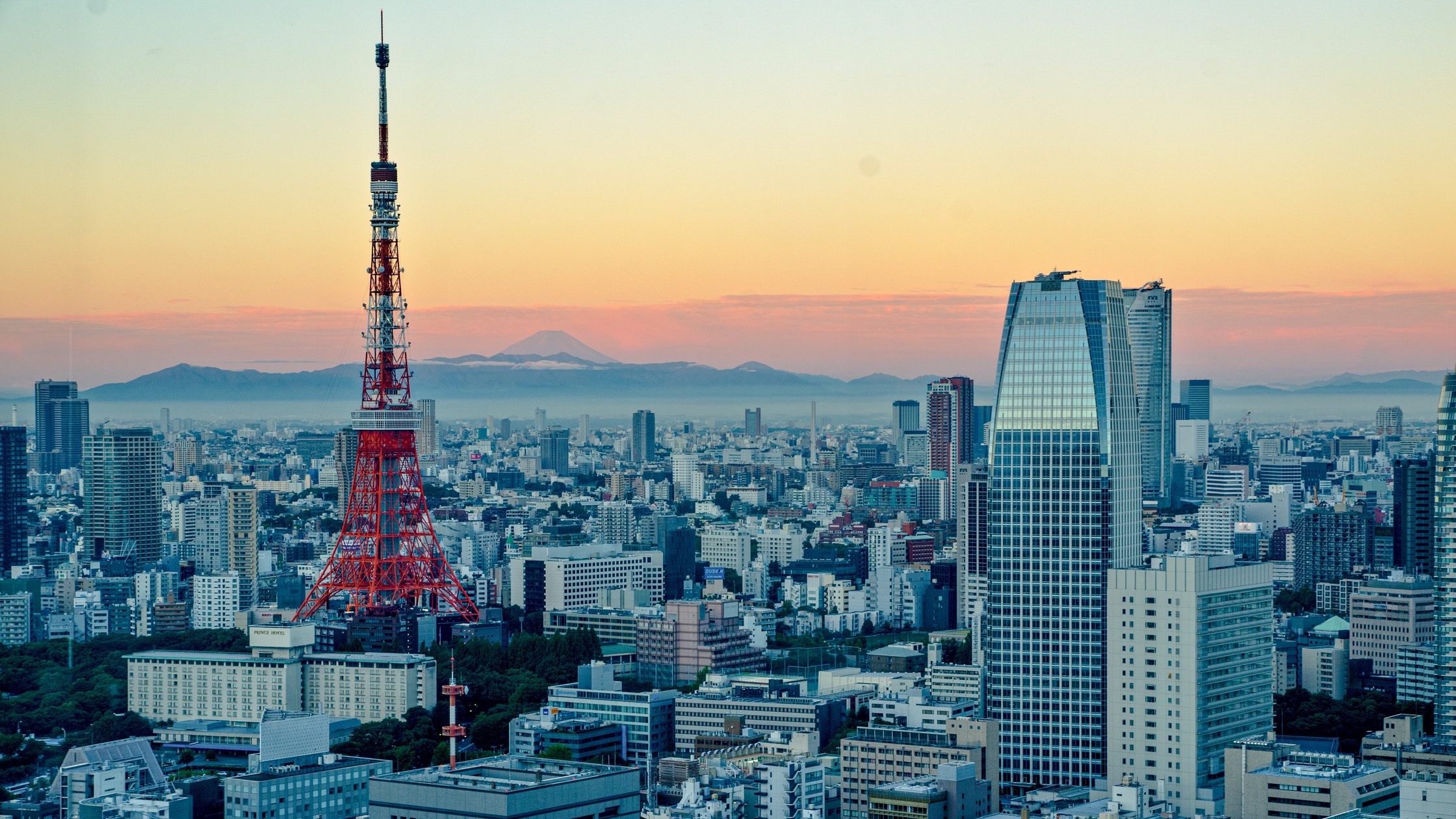This is a developing story and will be updated with more information.
Japan has faced two national tragedies in the first week of 2024, leaving the country in mourning and travellers uncertain about their upcoming plans.
On Monday, January 1, a 7.5 magnitude earthquake struck Japan’s Noto Peninsula, resulting in dozens of casualties and hundreds of injuries. Subsequently, on Tuesday, a Japan Airlines plane collided with a Japanese coast guard aircraft at Tokyo’s Haneda Airport, tragically claiming the lives of five coast guard crew members who were headed to deliver aid to earthquake victims. Fortunately, all 379 passengers from the Japan Airlines flight were safely evacuated before the aircraft caught fire, as reported by the AP. The cause of the incident is currently under investigation.
“The combination of the earthquake and the crash has made the New Year particularly challenging for Japan,” states Andres Zuleta, a travel specialist. “While the investigation continues, the efficiency with which the flight crew evacuated the passengers provides a small silver lining during this tumultuous time.”
Impact of the Plane Crash on Tokyo Flights
Three of Haneda Airport’s four runways opened Tuesday night. However, the runway where the crash occurred is still closed, and it is unclear when it will be operational again.
Approximately 140 flights were cancelled on Wednesday due to the runway closure, affecting around 20,000 passengers across Japan Airlines and All Nippon Airways, as reported by NHK. Passengers experienced average arrival delays of about two hours on Thursday, according to flight tracking resources.
If you are flying into or out of Haneda Airport this week, it is advisable to check with your airline for the latest information regarding flight disruptions.
Despite the recent cancellations, most international travellers to Japan are not expected to be significantly impacted, as numerous airlines continue operating flights in and out of Haneda. Additionally, with Tokyo having two major airports, many international flights utilize Narita Airport.
“Most travelers depend on Japan’s extensive railway networks to navigate the country, especially during busy periods,” Zuleta explains. “This means that while disruptions at Haneda may affect domestic leisure and business travellers, international tourist itineraries are likely to remain unaffected.”
In response to the crash, the Central Japan Railway Company increased the number of shinkansen (bullet trains) on Wednesday. As this week coincides with the Japanese New Year, a peak travel period, expect crowded train stations on January 3 and 4.
Effects of the Earthquake on Travel
The collision at Haneda Airport occurred just a day after a tragic earthquake shook the Noto Peninsula. Starting January 1, a series of earthquakes resulted in a minor tsunami, fires, and significant infrastructure damage in Ishikawa Prefecture. At least 62 individuals have lost their lives, and rescue operations continue.
The Noto Peninsula, a largely rural region over 300 miles northwest of Tokyo, contains attractions such as the historical Tokikuni Residences and the Sojiji Temple. Major tourist areas like Tokyo, Osaka, and Kyoto have remained unharmed.
A tsunami warning was issued for nearby coastal cities, including those in Niigata, Toyama, and Ishikawa prefectures, home to renowned attractions like the Kenrokuen Garden and Toyama Glass Art Museum.
While travel to the affected areas remains unsafe, the U.S. State Department’s overall travel advisory for Japan is still at a level one, recommending normal precautions.
The UK’s Foreign, Commonwealth & Development Office has also advised vigilance in affected areas and to adhere to local authority guidance.
Japan is one of the most seismically active countries globally. The U.S. Embassy in Japan emphasizes the necessity of being prepared, as the risk of severe earthquakes is considerable.
For those with trips planned to the areas impacted by the earthquake, many travel insurance providers offer reimbursement for trip cancellations or interruptions due to natural disasters. It is beneficial to review your policy for specific coverage details.




